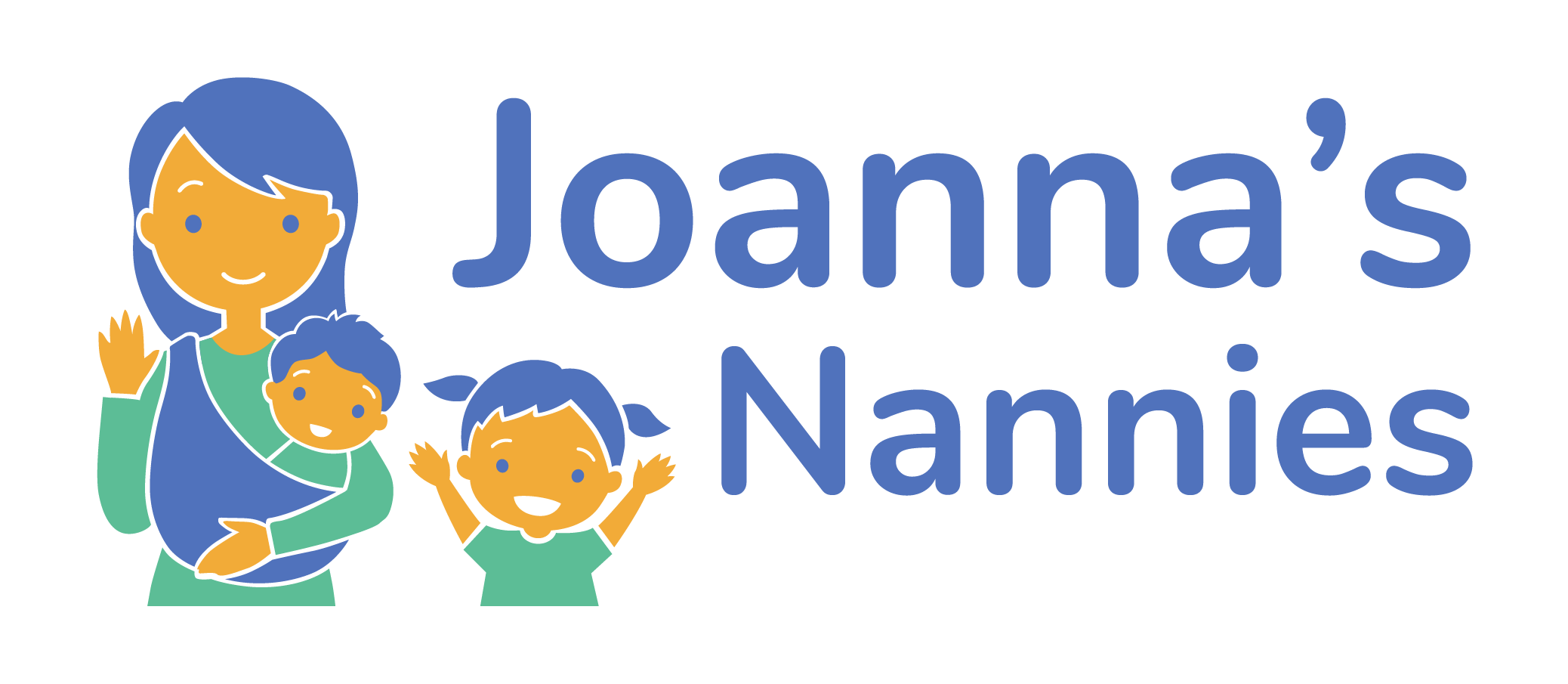Music Education with Your Tots
Early childhood and music education are a near-perfect pair; using their voices and bodies to create song comes naturally to tots, who are eager to express themselves and experiment with new ways to create sound.
As music lovers of all genres and skill levels take to streets and parks to play and sing out joyfully, we celebrate that learning about music not only encourages talent and drive, it also boosts non-musical educational and emotional outcomes for children. Here are three ways that music education is beneficial in early childhood:
Improves spatial-temporal reasoning: In one study, 4-6 year old children showed a boost in spatial-temporal reasoning after engaging in music education for a total of 30 weeks. This relates to the ability to judge space mentally and create plans.
Increases perseverance: A study measuring the behavioral outcomes of preschoolers who received both group and individualized instruction in Suzuki violin determined that instrumental training is linked to more significant ability and willingness to stick with a perseverance-based task when tested.
Boosts perceptual motor skills: The use of perceptual motor skills, or proprioception, refers to the coordination of one's senses with physical movement, an ability that comes with developmental maturity. Getting your tot started on piano or drums or almost any instrument has been linked to improvements in their perceptual motor skills later in childhood.
The list of reasons to celebrate hardly ends there! Eagle-eyed parents will love this informative infographic; it pairs 17 scientific studies with powerful benefits of music education, so check it out to keep learning.
Guest Blog: Neve Spicer (We The Parents)

